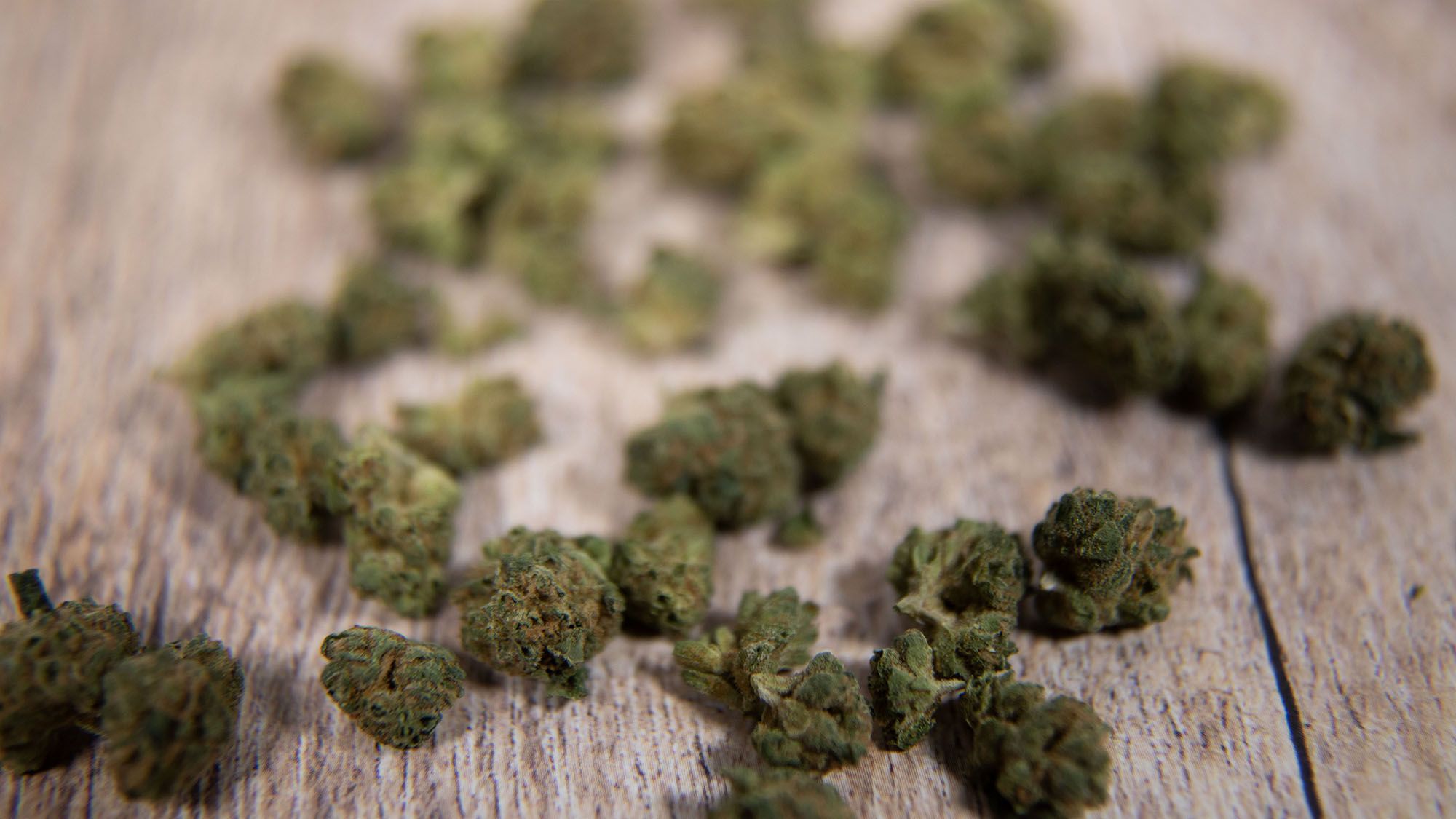-
Exporting Cannabis: Legal Hurdles and Logistical Headaches in the Global Market
Read more: Exporting Cannabis: Legal Hurdles and Logistical Headaches in the Global MarketInternational cannabis distribution remains a formidable task for companies navigating inconsistent laws and operational roadblocks. Despite growing acceptance in various regions, the path to establishing…





